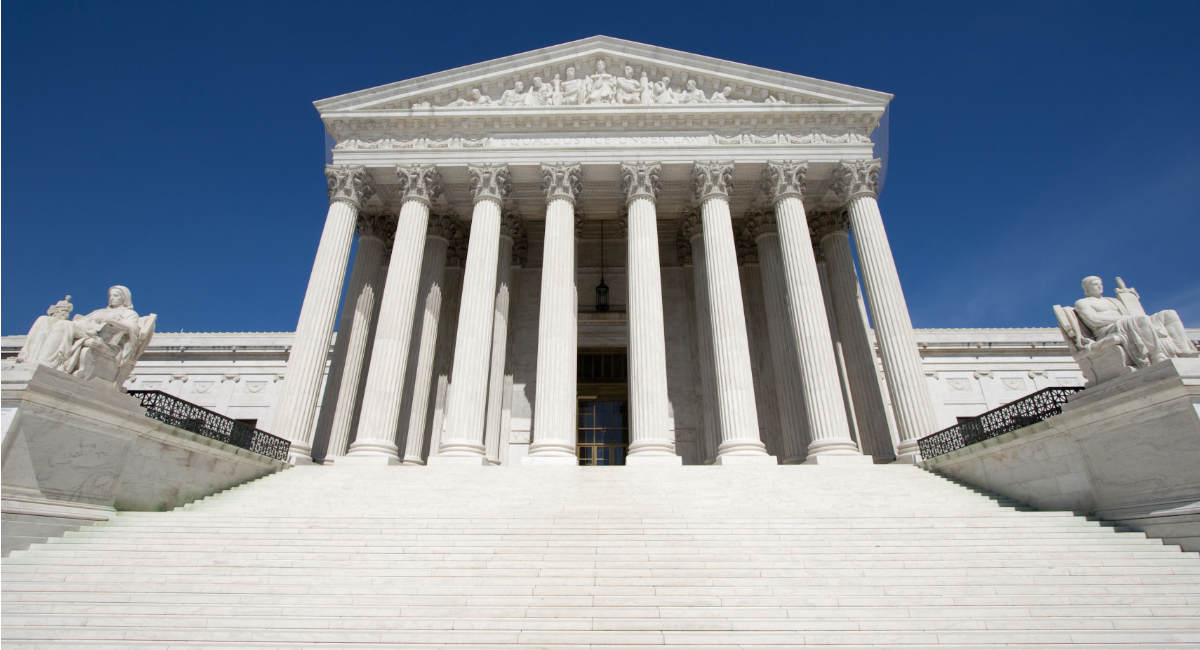The Supreme Court announced today it will hear a case on the issue of whether the federal Emergency Medical Treatment and Labor Act (EMTALA) requires hospital emergency rooms to commit abortions in an expedited case. In the meantime, the Court has allowed an Idaho law protecting virtually all preborn children from abortion to take effect.
In an order, the Supreme Court granted Idaho’s request to weigh in on the issue of EMTALA and abortion. In August of 2022, the Biden Department of Justice (DOJ) filed a lawsuit challenging Idaho’s trigger law, which protects virtually all preborn children from abortion. A judge granted an injunction against the law, setting off a legal battle. The DOJ argued that the law violates EMTALA, which requires hospitals receiving federal Medicare funds to provide stabilizing treatment to patients in the emergency room during a medical emergency. The DOJ claims women’s lives will be at risk if emergency room doctors cannot commit abortions — yet induced abortion, in which a child is intentionally killed, is not a solution to a medical emergency.
Early delivery, in which a preborn child’s life is not intentionally taken, is not an induced abortion, and treatments for ectopic pregnancies and miscarriages are also not considered induced abortions. Abortions are allowed under Idaho’s law if the woman’s life is at risk, or in cases of rape or incest.
A preliminary injunction was placed against the law by U.S. District Court Judge B. Lynn Winmill, and the 9th Circuit Court of Appeals overturned Winmill’s injunction, and then reinstated the stay one month later until a full judicial appeal can be heard. Idaho Attorney General Raul Labrador then asked the Supreme Court to review the issue.
This past week, the Fifth Circuit Court of Appeals handed Texas a victory in a similar EMTALA-related case. As Live Action News previously reported, “The attorneys, along with the State of Texas, asked the appeals court to keep a lower court ruling in place that had prevented the Biden administration from using EMTALA to force emergency room doctors to commit abortions against their conscience. The court of appeals agreed with that lower court ruling, deciding that EMTALA does not require emergency room doctors to commit abortions, but rather prevents hospitals from refusing to treat patients who are unable to pay for their needed medical care. Hospitals are therefore required under EMTALA to stabilize both the pregnant mother and the preborn child during an emergency regardless of a person’s ability to pay, said ADF. EMTALA does not mandate that specific procedures be carried out.”
The Supreme Court’s order said they will hear the Idaho EMTALA case in April, and until then, granted a stay against the injunction — allowing Idaho’s full pro-life protections to take effect.
“Emergency room physicians can, and do, treat life-threatening conditions such as ectopic pregnancies,” Alliance Defending Freedom’s Ryan Bangert, who argued before the court, said in a statement. “But elective abortion is not life-saving care: it ends the life of the unborn child. And the government has no authority to force doctors to perform these dangerous procedures.”







